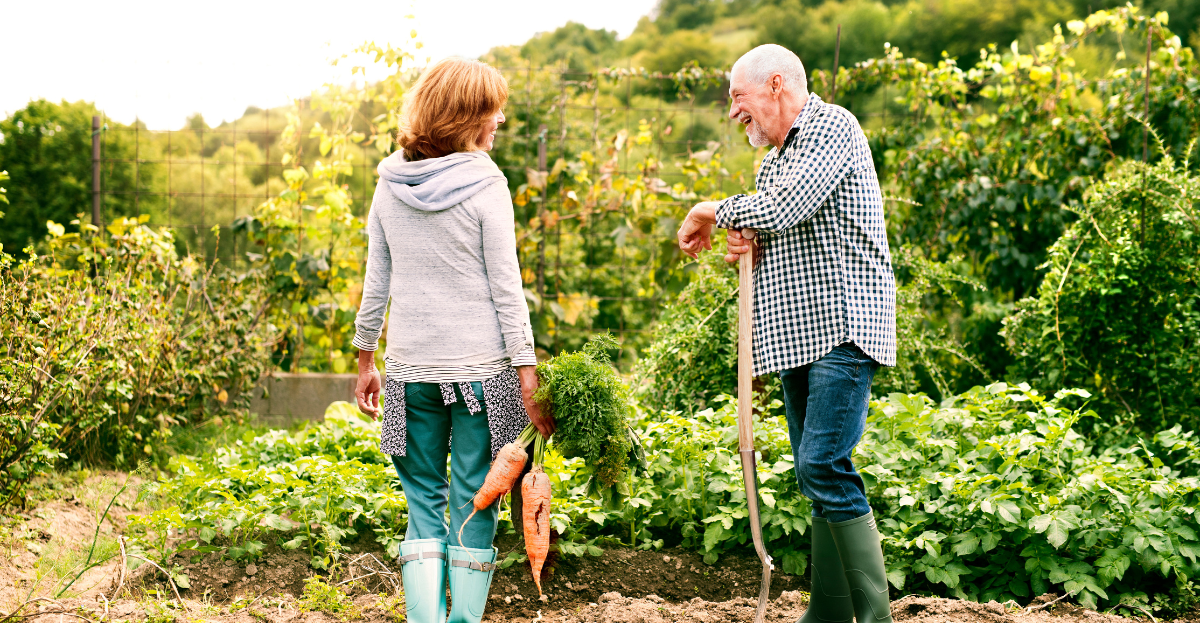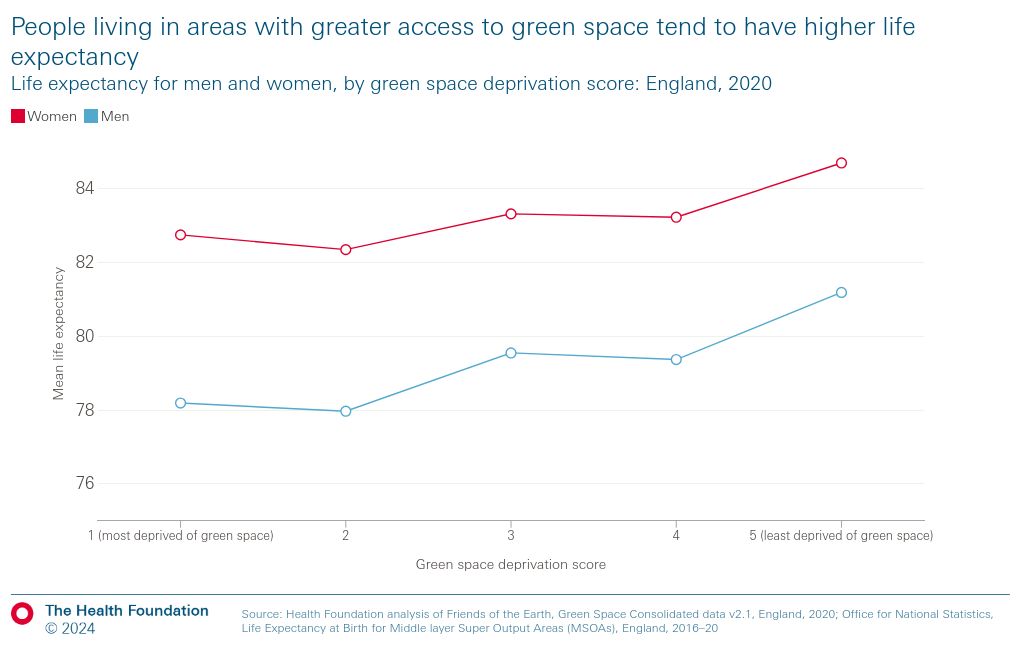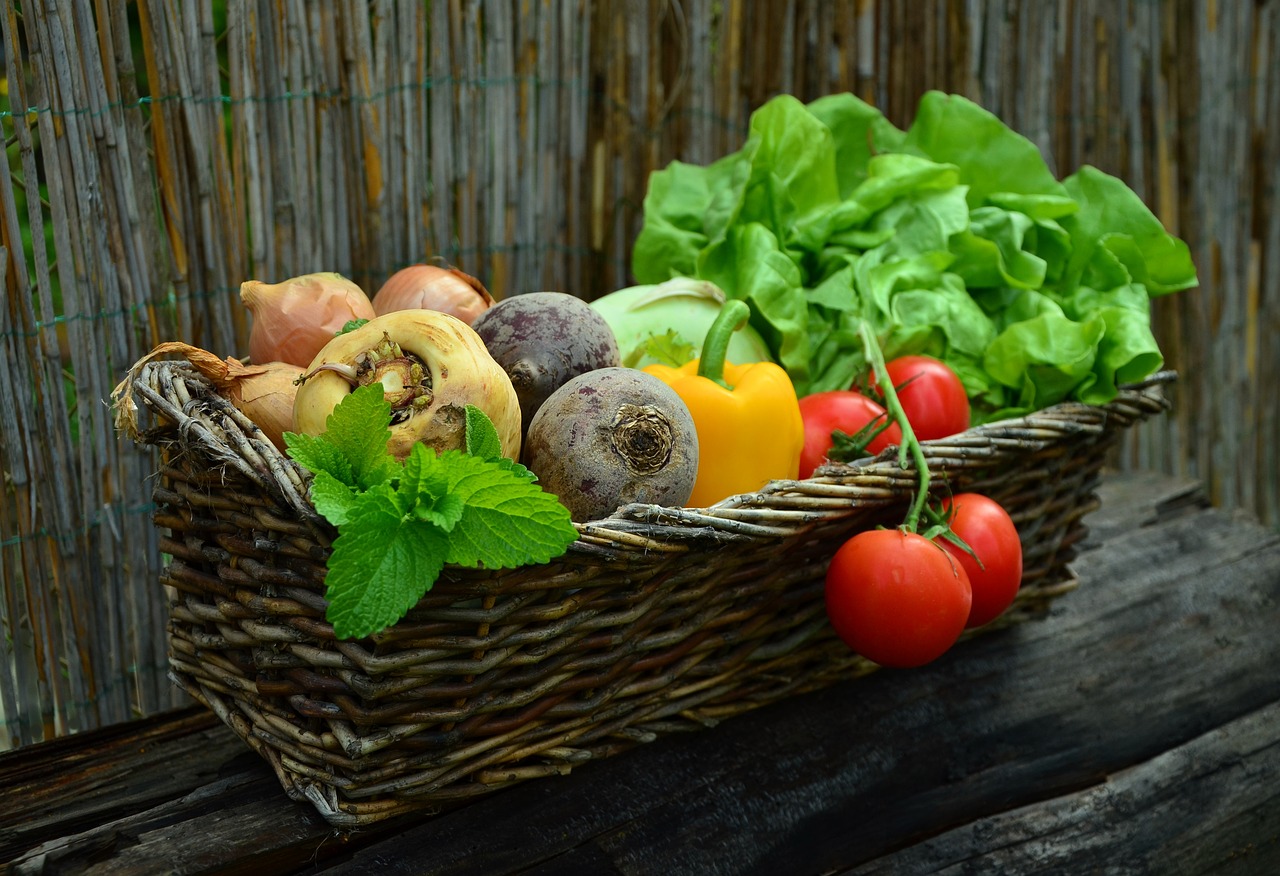From Soil to Soul How Allotments Boost Well-being and Community
Allotments have long been cherished as a space for growing food, enjoying fresh air, and cultivating a connection with nature. However, their value extends far beyond just being a patch of land for gardening.

From enhancing mental and physical health to fostering biodiversity and community spirit, allotments are more than just gardens—they are vital assets to our well-being, environment, and society as a whole.
Allotments and Mental Health
Gardening is increasingly recognized as an effective way to improve mental health, and allotments offer the perfect space for this therapeutic activity. A growing body of research highlights how spending time outdoors, nurturing plants, and engaging with nature can reduce anxiety, depression, and stress.
For many plot-holders, the act of planting, watering, and tending to crops provides a sense of purpose, relaxation, and accomplishment. Allotments create a peaceful, low-stress environment where individuals can disconnect from the pressures of daily life and focus on the simple joys of nature. According to studies, exposure to green spaces can improve mental well-being, correlating to health improvements equivalent to living longer.
Not only does gardening help individuals find inner peace, but it also fosters social connections. As allotment sites often become close-knit communities, these spaces alleviate loneliness, which has been found to have the same health risks as smoking 15 cigarettes a day. Allotments provide a much-needed opportunity for face-to-face interaction, fostering friendships and reducing feelings of isolation.

Physical Health
The physical benefits of allotments are equally significant. Gardening itself is an excellent form of low-impact exercise that can help people stay fit, even if they lead sedentary lives. Digging, weeding, and planting all work different muscle groups, improving flexibility, balance, and coordination. Regular gardening also helps to improve cardiovascular health and can combat cognitive decline, particularly in older individuals.
Spending time outdoors in the fresh air and sunlight also has its own health benefits. Exposure to sunlight helps the body produce vitamin D, which is crucial for immune function and bone health. Even just 15-90 minutes in the sunshine each day can significantly boost your vitamin D levels, depending on your skin type.
Furthermore, allotments can serve as a form of functional exercise that improves overall health. Many gardeners report feeling more physically active and energized after spending time on their plots, leading to better overall well-being.
Social and Community Benefits
Allotments play a vital role in fostering social ties, not just among plot-holders but within the wider community. While allotments have traditionally been seen as individual spaces for gardening, many sites have evolved into community hubs that host a range of projects aimed at supporting different groups in society.
Allotments across the UK are increasingly used for social prescribing—where GPs refer patients to community gardening activities to improve their health and well-being. This might include everything from mental health initiatives to workshops for young people, sensory gardens for people with disabilities, or collaborative food-sharing schemes. These community-focused projects provide a space for people to come together, share knowledge, and support each other, while also improving their own physical and mental health.
Educational projects are also a huge part of allotment culture, with many sites offering learning opportunities for schools, youth clubs, and local organizations. Children and young adults can gain practical knowledge about food production, sustainability, and the natural world. This hands-on learning experience often ignites a lifelong passion for gardening and helps young people connect with nature in meaningful ways.

Environmental Value
Allotments are not only valuable to the people who tend them, but they are also essential to the environment. They create green spaces that help preserve biodiversity in urban areas, providing a haven for wildlife, pollinators, and native plant species. In fact, the ecological value of allotments often surpasses that of industrial farmed agricultural land, making them an essential part of our urban landscapes.
The soil quality on allotments is unique, offering an environment rich in nutrients that supports the growth of a wide variety of plants. Even in cities, where green spaces are limited, allotments serve as vital green corridors that help mitigate the effects of climate change, improve air quality, and promote nature recovery. Natural England has acknowledged allotments as an essential part of the "Green Infrastructure" network—a system of interconnected green spaces that support the environment and improve human health.
Through sustainable gardening practices, allotments also encourage organic growing methods, reducing the need for harmful pesticides and chemicals. This not only benefits the health of the gardener but also contributes to the broader goal of creating a more sustainable and eco-friendly food system.
Nutritional and Personal Benefits
One of the most rewarding aspects of allotment gardening is the ability to grow your own food. For many, tending to a plot allows them to produce a significant portion of their weekly food, supplementing their diet with fresh, nutritious fruits and vegetables.
Allotment-grown produce is free from the pesticides and chemicals often found in commercially grown food, giving gardeners the peace of mind that their harvest is healthier and more sustainable. From juicy tomatoes to crisp lettuce and tender carrots, there’s something truly special about enjoying food that you’ve grown yourself. The satisfaction of eating a homegrown meal is unmatched and contributes to a sense of accomplishment and pride.
In fact, allotment gardening offers an opportunity to develop new skills, from learning how to cultivate different crops to understanding the importance of crop rotation and soil health. Many gardeners find that this sense of mastery over food production enhances their overall well-being and fosters a deeper connection to the land.

The Role of Allotments in Our Wellness
As National Allotment Week highlights the theme of wellness, it's clear that these green spaces are much more than just areas to grow food. Allotments contribute to our mental, physical, social, and environmental well-being in profound ways. They provide a sanctuary for relaxation and reflection, promote physical activity, build strong community bonds, and play a crucial role in environmental sustainability.
Whether you are an experienced gardener or a newcomer to the world of allotments, the benefits of these spaces are undeniable. They offer a unique opportunity to improve your health, connect with others, and contribute to a more sustainable future. So, as we celebrate NAW and its focus on wellness, take a moment to appreciate the many ways in which allotments enrich our lives and our communities.
